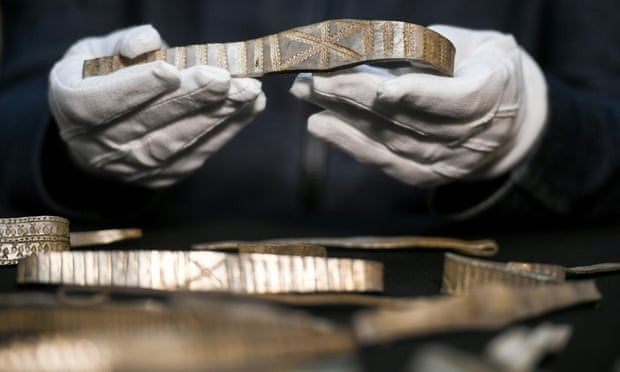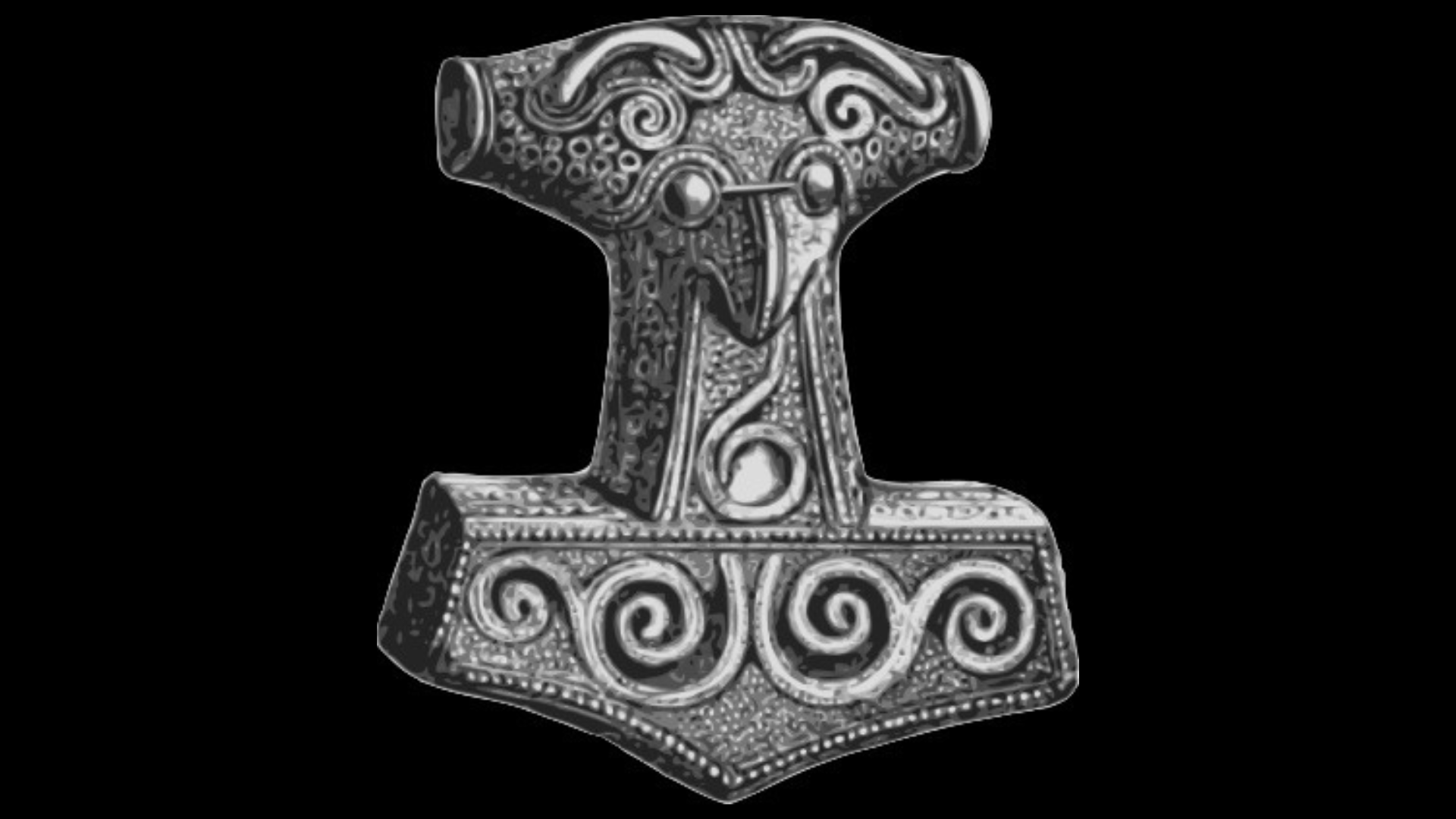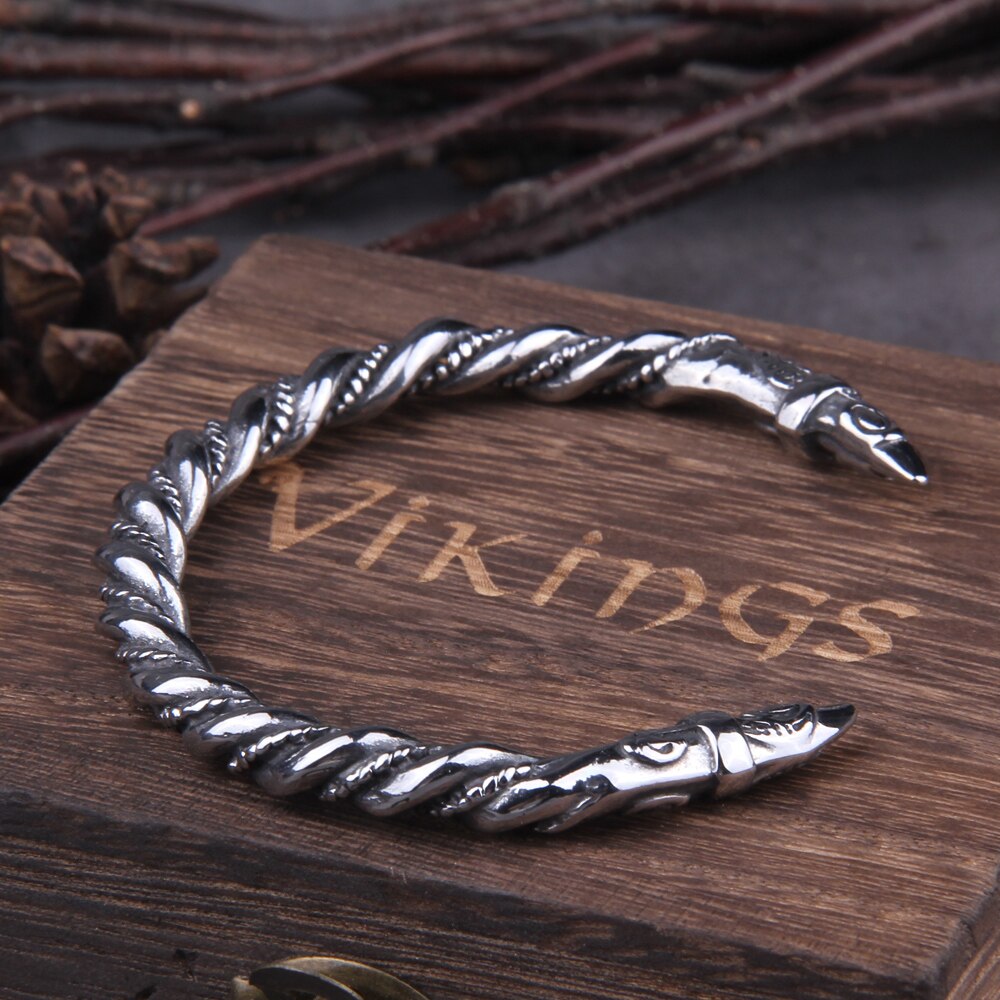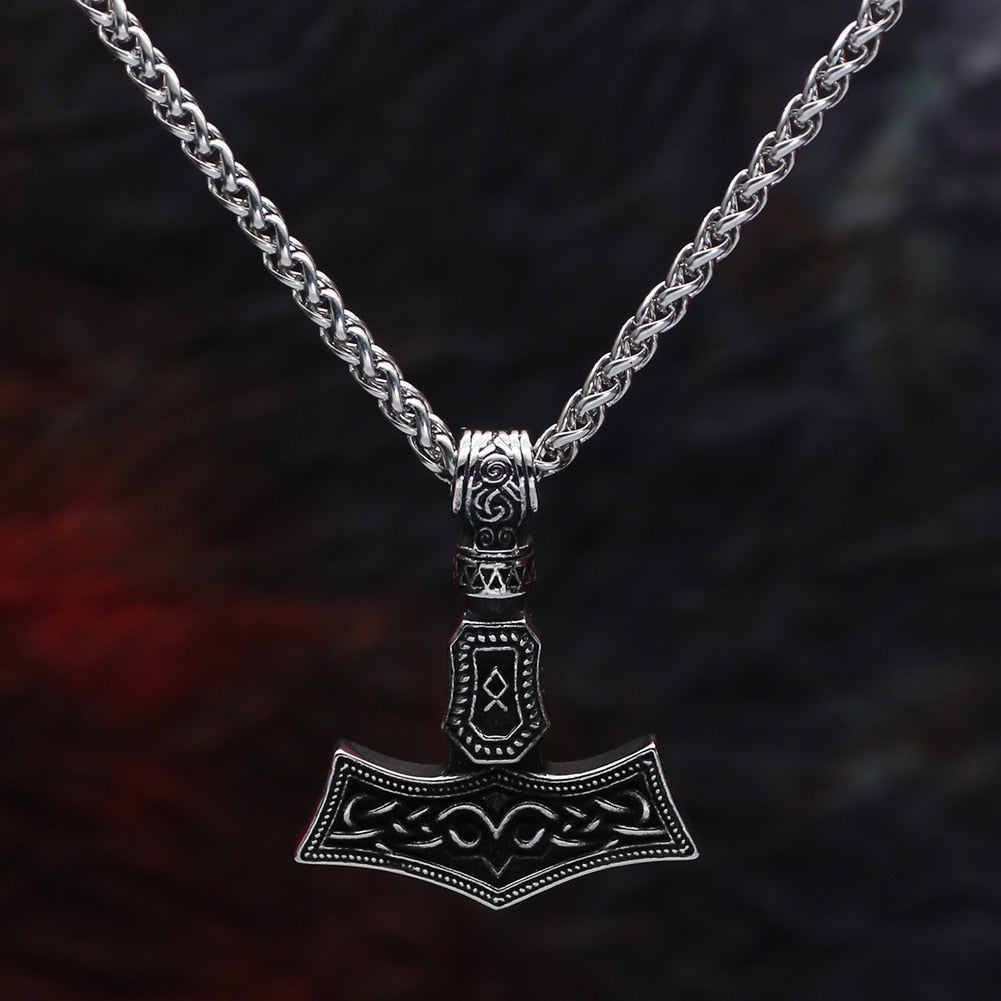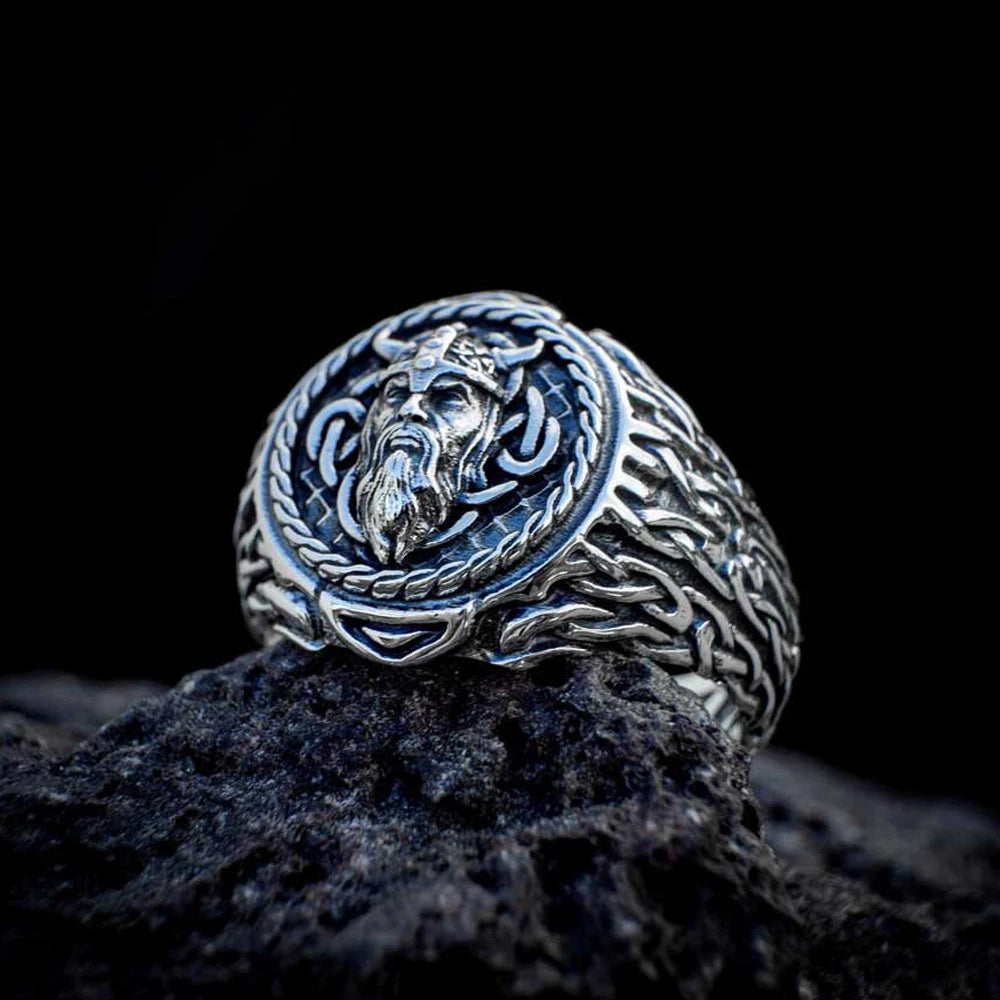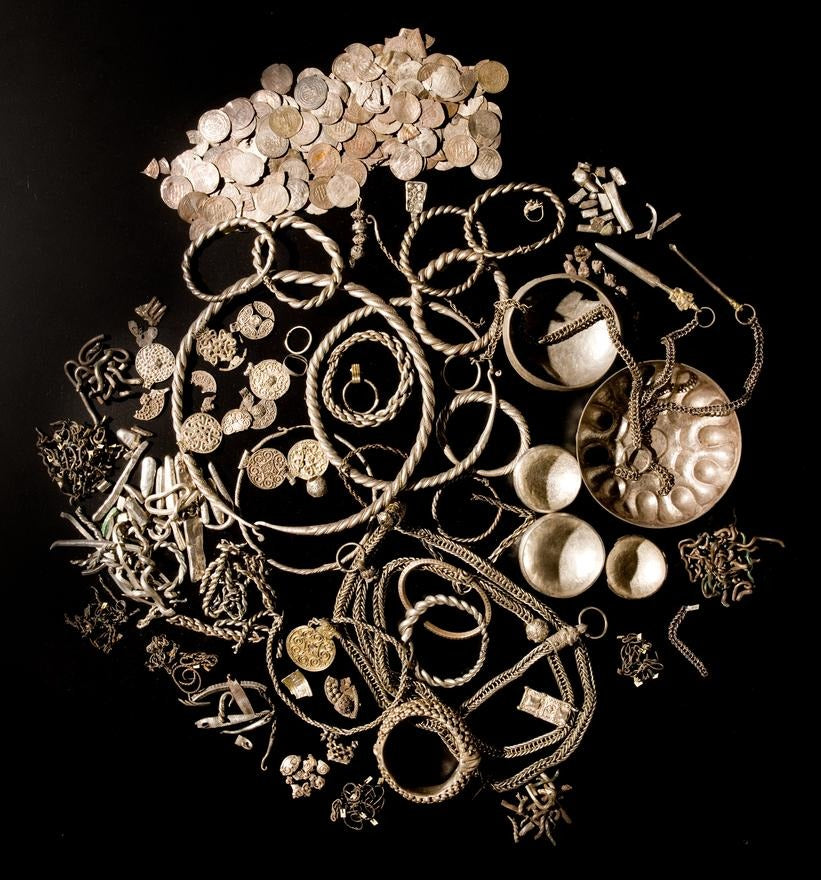
The Terslev Viking Hoard: A Treasure Trove of Cultural Exchange
Nestled in Zealand, Denmark, the Terslev Viking Hoard as an intriguing archaeological marvel. Containing approximately 6.6 kilograms of silver and 1,751 coins (majority of them originating from the Arab world), this hoard presents a compelling narrative of ancient trade routes and cultural exchange.
The Terslev Viking Hoard, dating back to the latter half of the 10th century, showcases how interconnected civilisations were growing even back then, during the Viking Age. Comprising a diverse array of artifacts - including neck and arm rings, jewelry, and toiletry chains – this hoard hints at rituals, trade networks and possibly even diplomatic exchanges that flourished during this era of exploration and conquest.

Among the treasures unearthed from the Terslev Viking Hoard is a remarkable drinking set featuring four Nordic cups and a large, embossed bowl, believed to have origins in Persia. This eclectic mix of items underscores the cosmopolitan nature of Viking (or Old Norse) society and the extent of their interactions with distant lands. Such artifacts not only speak to the material wealth of the Vikings but also to their curiosity and openness to foreign cultures.

A particularly intriguing discovery within the hoard is a fragment bearing a Latin inscription, "...BATIS…", thought to be from an altar plate, possibly a paten used in Christian religious ceremonies. The coexistence of Islamic coins and Christian artifacts within the same hoard raises questions about religious tolerance and cultural syncretism during this period. It highlights the fluid nature of belief systems and the complexities of identity in Viking Age Scandinavia.
As historians unravel the mysteries of the Terslev Viking Hoard, each artifact offers a tantalizing glimpse into the past, shedding light on the dynamic exchanges that shaped Viking society. From bustling trade routes to diplomatic encounters, this hoard serves as a testament to the resilience and adaptability of ancient civilizations. Its discovery reminds us of the enduring legacy of the Viking Age and the profound impact of cultural exchange on human history.






Citations:
A collection of museums all over the country (no date) National Museum of Denmark. Available at: https://en.natmus.dk/ (Accessed: 17 March 2024).
